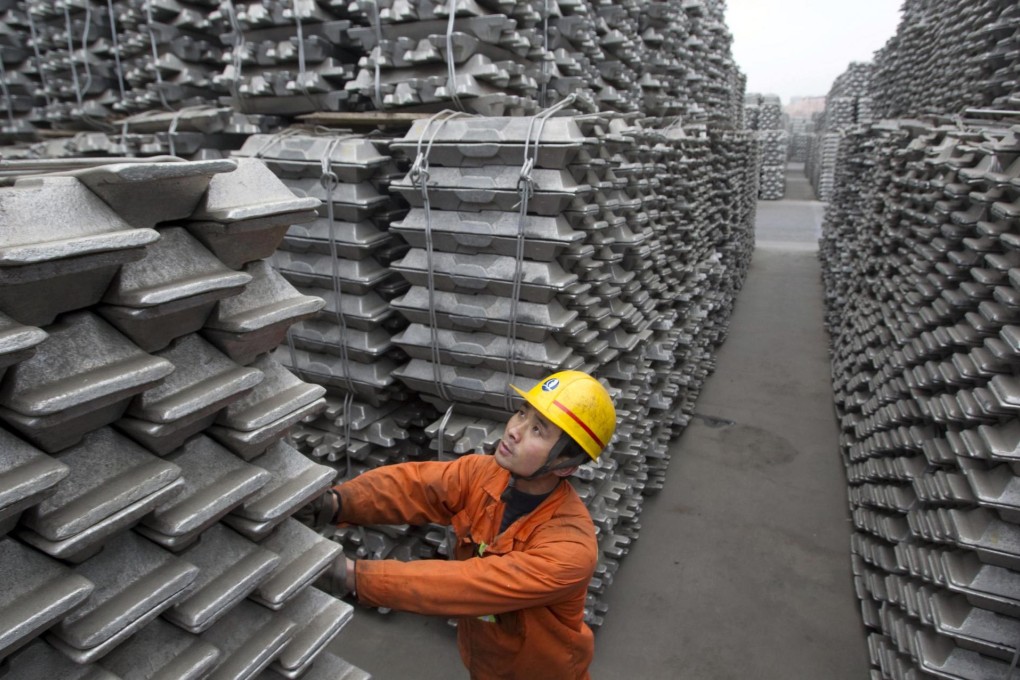HKEx commodity push faces uphill battle
Bourse may have difficulty luring investors away from well-established and liquid markets overseas to trade products on its new platform

Brokers believe Hong Kong Exchanges and Clearing will face an uphill battle to promote its four commodity products to be introduced later this year mainly because investors are used to trading these products overseas.
HKEx said last week that it would launch yuan-traded copper, aluminium and zinc contracts and a thermal coal contract to be traded in US dollars on its commodity platform later this year.
The bourse bought the London Metal Exchange, the world's biggest physical metal bourse, in 2012 to diversify beyond stock and financial futures trading. The new platform is its latest effort to promote commodity trading in the city and prepare for a tie-up with mainland exchanges through a potential commodity through train scheme similar to the one linking Hong Kong and Shanghai stock exchanges from October.
Ben Kwong Man-bun, the chief operating officer of KGI Asia, said his firm traded commodities for customers in the LME or the Chicago Mercantile Exchange in the United States.
"Quite a lot of Hong Kong investors are interested in trading commodities overseas. They would be potential clients of the Hong Kong platform if HKEx has incentives to attract them," Kwong said.
"However, this would not be easy as these investors have got used to trading in the LME or the CME where the commodities markets are well-established and have deep liquidity. HKEx would need to prove its market also has good liquidity and low trading cost to get investors to shift back to the city."
Sun Hung Kai Financial executive director Joseph Tong Tang echoed the observation and said many clients trading in the LME might not be interested in changing their trading venue.